Are you interested in learning about different cultures and their histories? Here are the ethnology museums to visit in North Rhine – Westphalia:
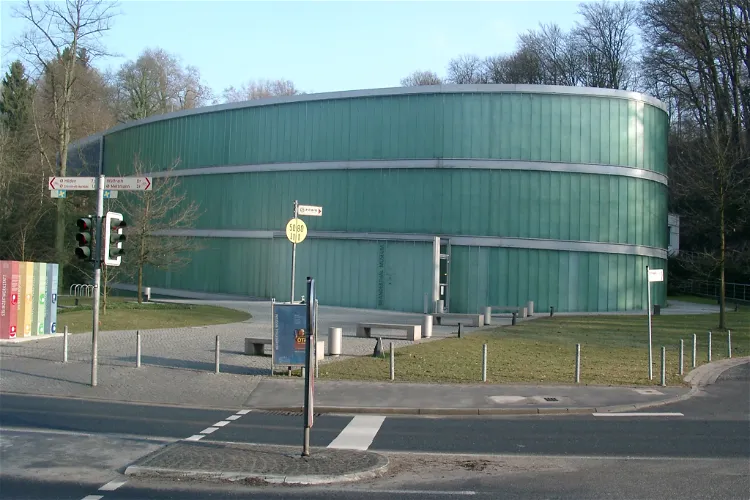
Neanderthal Museum
ErkrathThe Neanderthal Museum, situated in the Neandertal near Mettmann, is a unique institution dedicated to the prehistory and early history of mankind. The museum's exhibits include a focus on the Neanderthals, named after the fossil find site Neandertal 1. This museum provides a comprehensive overview of human evolution and the life of our early ancestors, making it a fascinating destination for those interested in history and anthropology.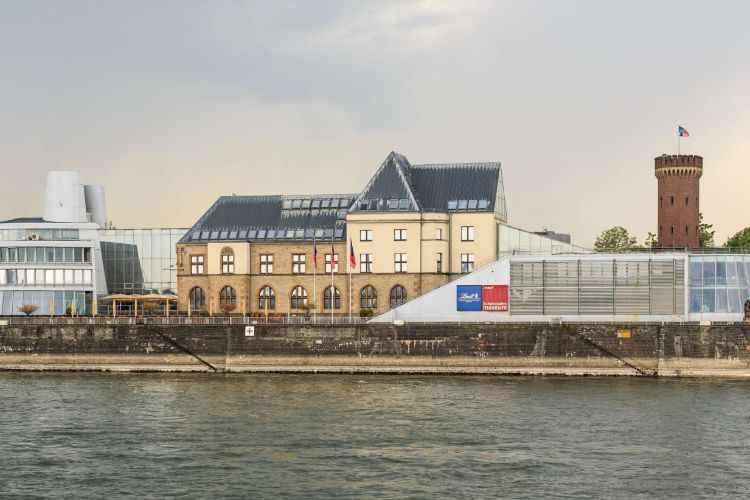
Schokoladenmuseum Köln
CologneThe Schokoladenmuseum Köln (also known as the Imhoff-Schokoladenmuseum and Imhoff chocolate museum is a museum in Cologne that is dedicated to chocolate. The museum illustrates the history of chocolate, from its beginnings with the Olmecs, Maya and Aztecs to contemporary products and production meth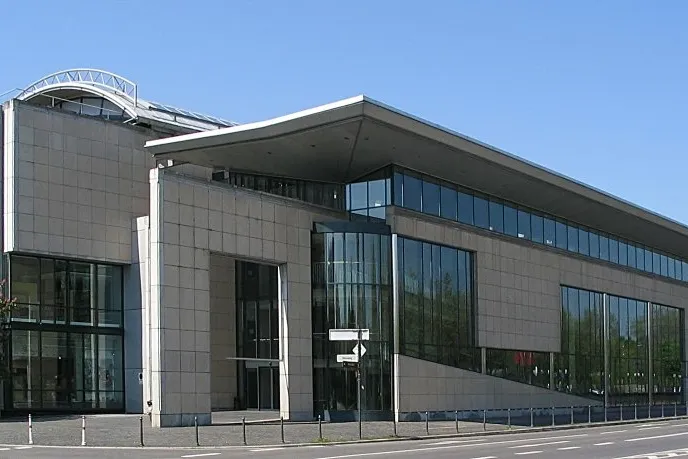
House of the History of the Federal Republic of Germany
BonnThe House of the History of the Federal Republic of Germany, also known as Haus der Geschichte der Bundesrepublik Deutschland or HdG, is a museum located in Bonn. It was established in 1989 and opened to the public in 1994. The museum is dedicated to providing information and documentation on the history of the Federal Republic of Germany and the German Democratic Republic.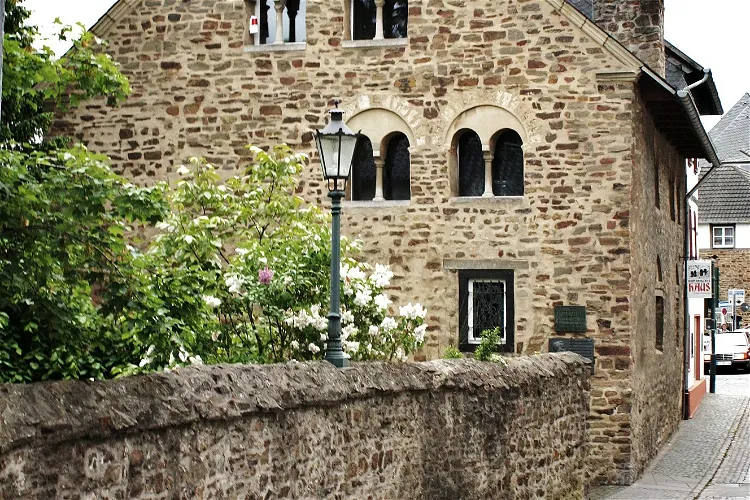
Hürten Heimatmuseum
Bad MünstereifelThe Hürten Heimatmuseum is situated in the charming town of Bad Münstereifel, in the Euskirchen district of North Rhine-Westphalia. This location offers visitors the opportunity to explore the rich history and culture of the region, while also enjoying the natural beauty and tranquility of the surrounding area.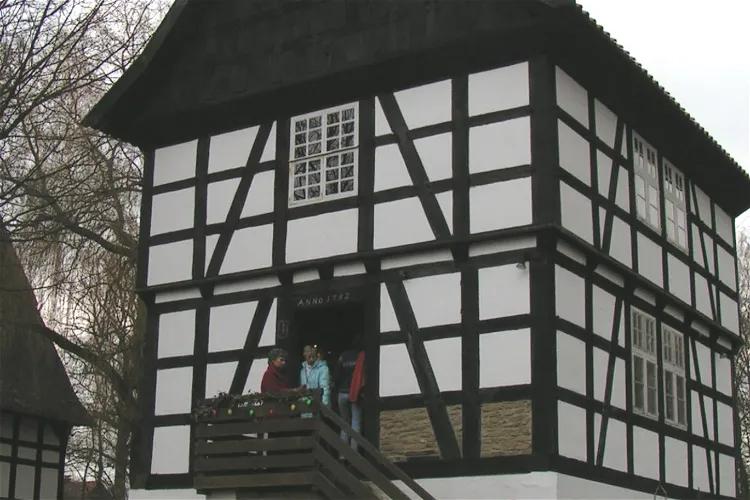
Museumshof Bad Oeynhausen
Bad OeynhausenThe Museumshof Bad Oeynhausen, a local museum in the East Westphalian spa town, was inaugurated in 1969. This museum serves as a testament to the rich history and culture of the region, providing visitors with a glimpse into the past.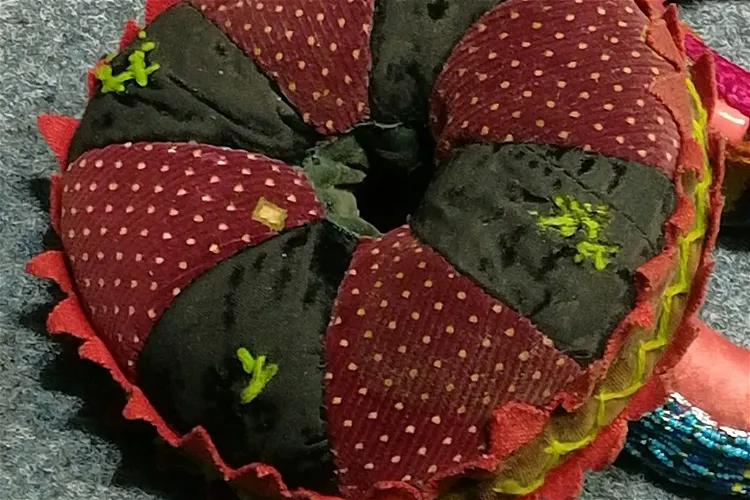
Museum für Europäische Volkstrachten
WegbergThe Museum für Europäische Volkstrachten, also referred to as the Beecker Trachtenmuseum, is a unique cultural institution that displays a wide range of festive costumes from different European countries. This collection provides a fascinating insight into the diverse cultural traditions and customs of Europe, making it a worthwhile destination for those interested in European history and culture.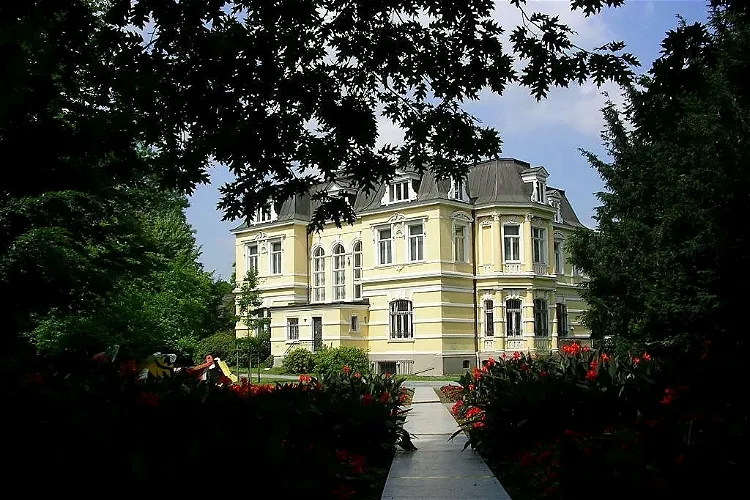
Villa Erckens - Museum der Niederrheinischen Seele
GrevenbroichToday, Villa Erckens is home to the permanent exhibition titled "Museum of the Lower Rhine Soul". This exhibition spans approximately 370 m² and provides an overview of the everyday life, culture, and mentality of the Lower Rhine region. Visitors can gain a comprehensive understanding of the region's history and culture through this exhibition.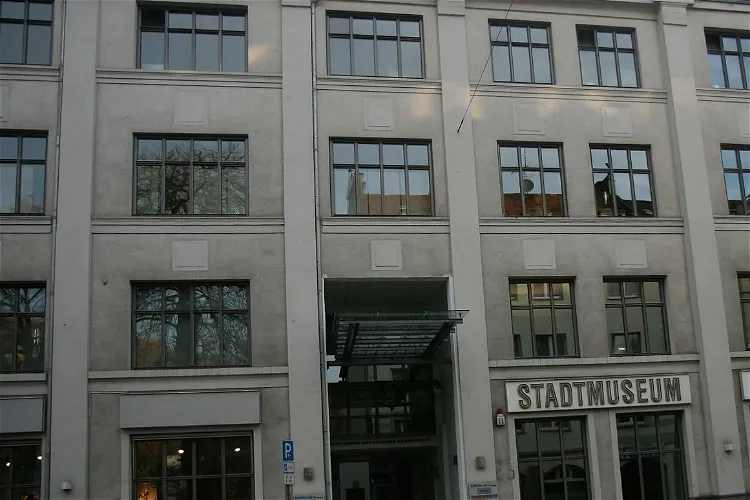
Stadtmuseum Hagen
HagenThe Stadtmuseum Hagen is a museum that focuses on the history of the independent Westphalian city of Hagen and the surrounding region. This includes the former counties of Mark and Limburg. The museum provides a comprehensive overview of the region's history, making it a valuable resource for those interested in understanding the area's past.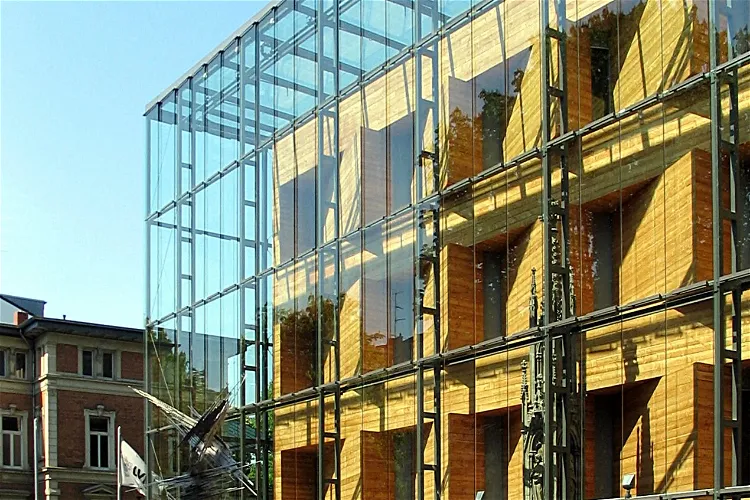
Rhinish Regional Museum Bonn
BonnThe Rheinisches Landesmuseum Bonn, also known as LVR-LandesMuseum Bonn, is a museum located in Bonn, Germany. It is managed by the Rhineland Landscape Association. The museum is one of the oldest in the country and has undergone extensive renovations in 2003.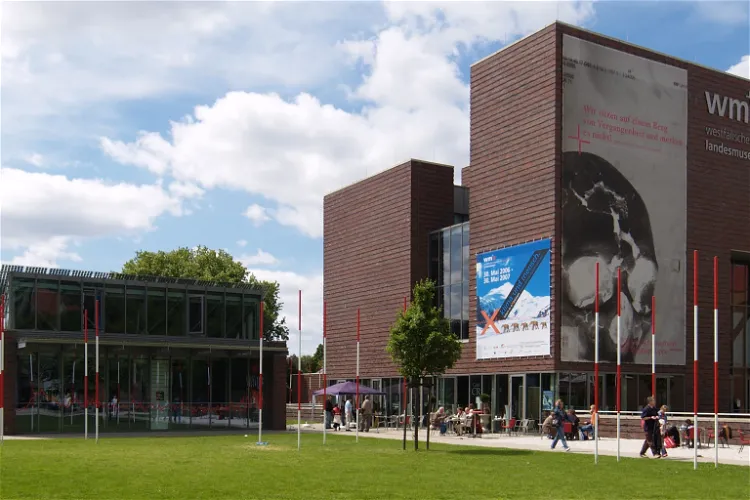
LWL Museum of Archeology
HerneThe LWL Museum of Archaeology and Culture, also known as the Westphalian State Museum, is located in Herne. It is a state museum that is part of the Landscape Association Westphalia-Lippe (LWL). The museum is dedicated to showcasing the 250,000-year history of mankind in Westphalia through its exhibitions.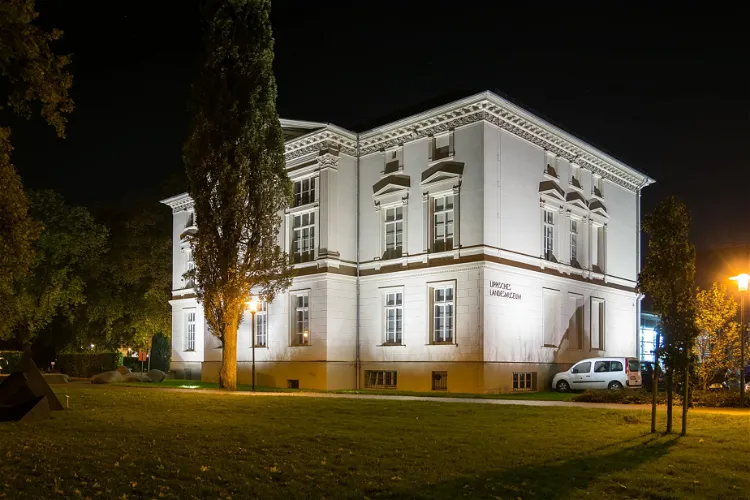
Lippisches Landesmuseum
DetmoldThe Lippisches Landesmuseum in Detmold holds the distinction of being the largest and oldest museum in Ostwestfalen-Lippe. This museum, supported by the Landesverband Lippe, is a significant cultural institution in the region, offering a wide range of exhibits and collections that span various fields of study.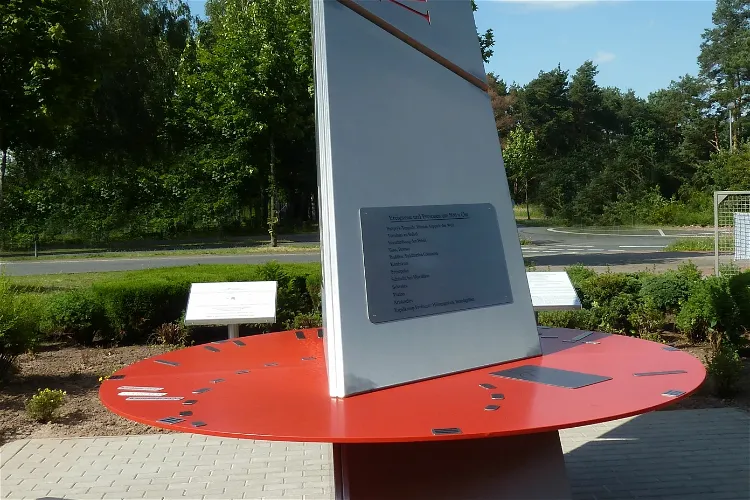
Teppichmuseum Tönsmann
EspelkampTeppichmuseum Tönsmann is a private museum situated in the city of Espelkamp, in the Minden-Lübbecke district of North Rhine-Westphalia. This location is in the East Westphalian region of Germany. The museum is easily accessible for tourists visiting this part of the country.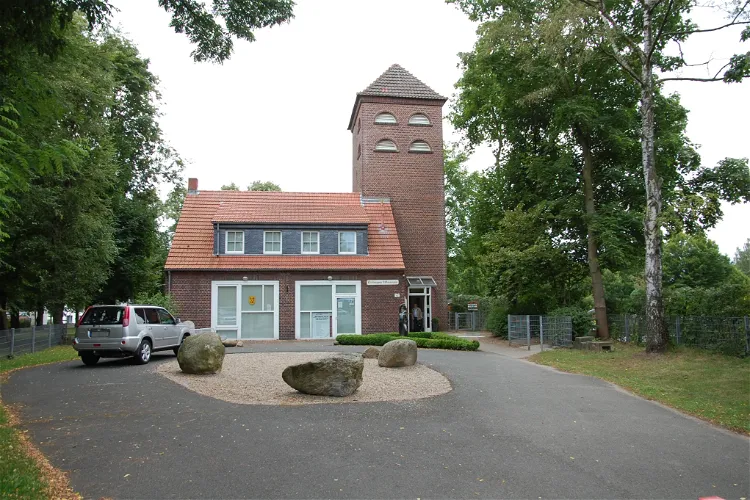
Hiltruper Museum
MünsterThe Hiltruper Museum, situated in the Hiltrup district of Münster, is a Westphalian local history museum. It was established in 1984 by the local history association, Heimatfreunde Hiltrup. This museum is a testament to the rich history and culture of the region, offering visitors a glimpse into the past.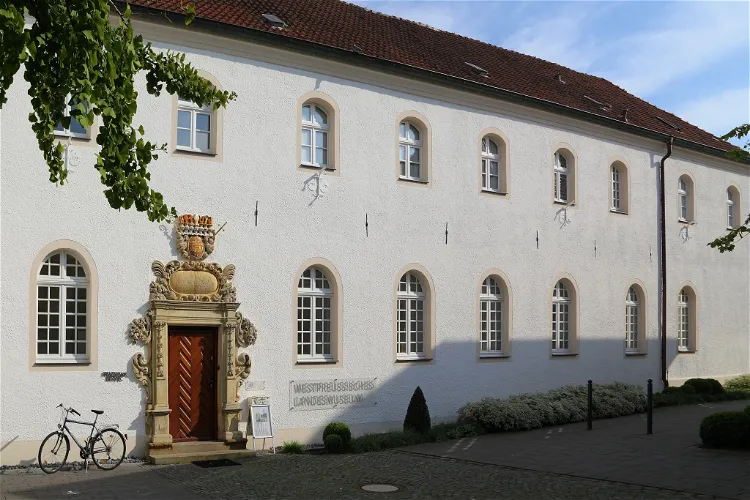
Westpreußisches Landesmuseum
WarendorfThe West Prussian State Museum, originally opened in 1975 in the historic Drostenhof in Münster-Wolbeck, has been located in the Franciscan monastery in Warendorf since the end of 2014. This relocation has allowed the museum to continue its mission of preserving and presenting West Prussian cultural heritage in a new and more accessible location.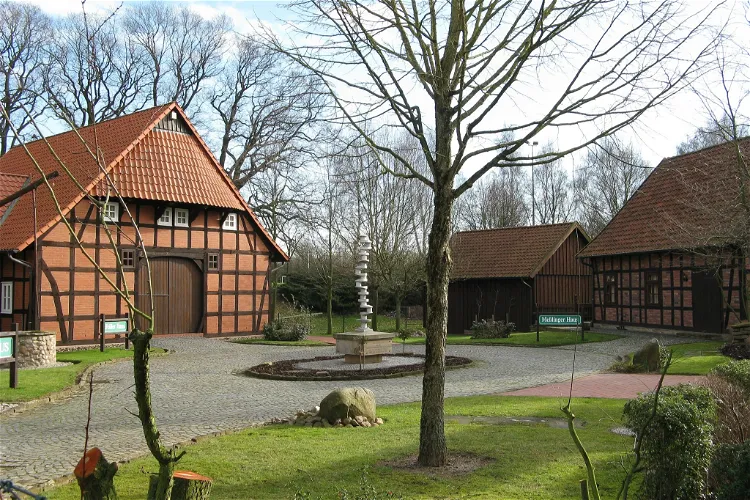
Heringsfängermuseum Heimsen
PetershagenThe Heringsfängermuseum Heimsen is a museum situated in the district of Heimsen in the city of Petershagen, in the Minden-Lübbecke district of East Westphalia. This location is significant as it provides a unique insight into the history and culture of the region.
Eifelmuseum Blankenheim
BlankenheimThe Eifelmuseum Blankenheim is situated in the town of Blankenheim (Ahr), within the district of Euskirchen, North Rhine-Westphalia, on Ahrstraße. This location is easily accessible and provides a great starting point for exploring the museum and the surrounding area.
Oberschlesisches Landesmuseum
RatingenThe Oberschlesisches Landesmuseum (OSLM) in Ratingen is a museum dedicated to the history and culture of Upper Silesia. It is run by the Stiftung Haus Oberschlesien, a private law foundation established in 1970. The museum is conveniently located directly opposite the old museum building, known as "Haus Oberschlesien", in Ratingen-Hösel. This is where the foundation currently has its headquarters.
Museum Forum der Völker
WerlThe Forum der Völker in Werl holds the title of being the largest ethnological museum in Westphalia, and its extensive collection makes it one of the most significant ethnological museums in Germany. This museum, previously a mission museum, was maintained by the Franciscans of the Werl Monastery until its closure in 2019. It houses approximately 11,000 exhibits, the majority of which were collected as part of the order's missionary activities. The museum was opened on May 1, 1962, and has since undergone several renovations and expansions.
Clemens Sels Museum Neuss
NeussThe Clemens Sels Museum Neuss is an art museum situated in the city of Neuss. It is a modern multi-part building that houses a wide range of art collections from different periods and styles.
Heimatmuseum Radevormwald
RadevormwaldThe Heimatmuseum Radevormwald is conveniently located in Hohenfuhrstraße, directly opposite the town hall of Radevormwald. This location in the Oberbergischer Kreis in North Rhine-Westphalia, Germany, makes it easily accessible for tourists visiting the area.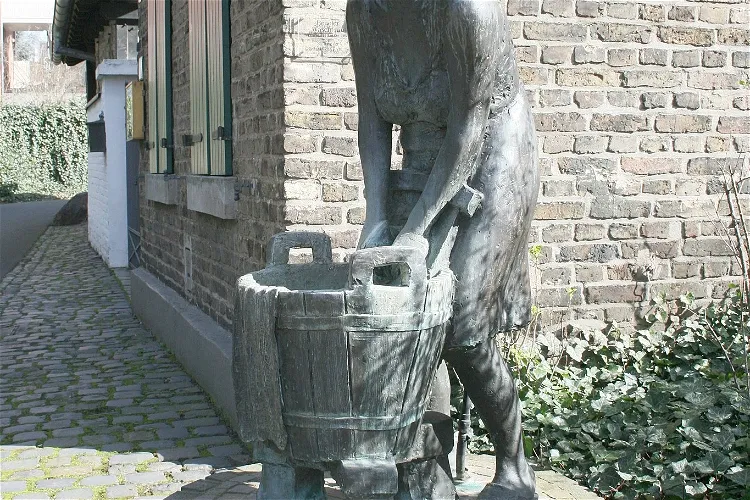
Heimatmuseum Beuel
BonnThe Heimatmuseum Beuel is situated in four buildings that form a closed courtyard. These buildings are located in the former Steinerstraße, which is now known as Wagnergasse. The unique architectural layout of the museum provides a distinctive setting for the exhibits.
Rautenstrauch-Joest-Museum
CologneThe Rautenstrauch-Joest Museum is a museum of ethnography in Cologne that arose from a collection of over 3500 items belonging to ethnographer Wilhelm Joest. The museum answers questions such as: How do people live their lives at different times and in different parts of the world? And what connects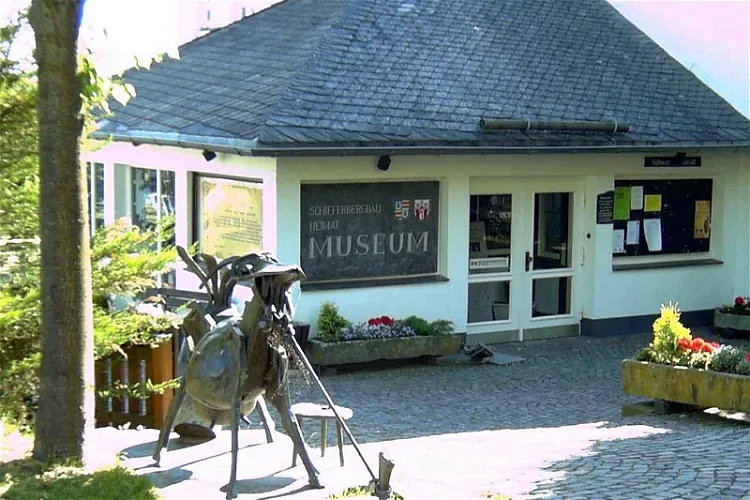
Schieferbergbau- und Heimatmuseum
SchmallenbergThe Westphalian Slate Mining and Local History Museum Holthausen is situated in the district of Holthausen in Schmallenberg, within the Hochsauerlandkreis region. This location offers visitors a chance to explore the rich history and culture of the area while enjoying the scenic beauty of the Hochsauerlandkreis.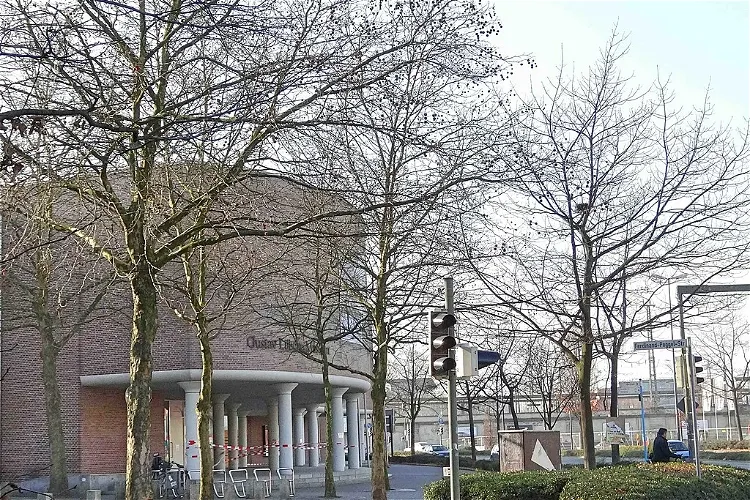
Gustav-Lübcke-Museum
HammThe Gustav Lübcke Museum, located in Hamm, North Rhine-Westphalia, is a cultural-historical museum that was established in 1890. It was initially known as the Städtisches Museum Hamm until 1925. The museum is named after Gustav Lübcke, an art dealer and collector who donated his collection to the city of Hamm in 1917 and served as the museum's director. Since Lübcke's death in 1925, the museum has carried his name.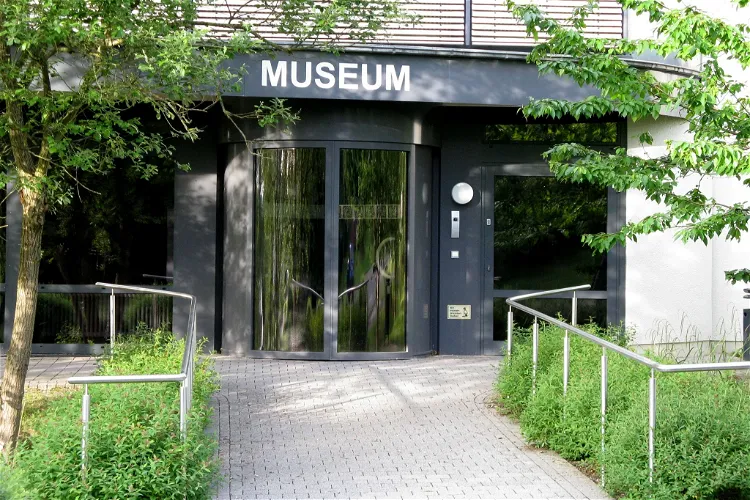
Museum Wilnsdorf
WilnsdorfThe Museum Wilnsdorf is a unique institution that is divided into two main sections: the 'Folklore Museum' and the 'Cultural History Meeting Place'. This structure allows the museum to offer a wide range of exhibits and experiences, catering to a variety of interests.
Westphalian Horse Museum
MünsterThe Westphalian Horse Museum Münster is conveniently located within the Allwetterzoo in Münster, Westphalia. This provides an added advantage for tourists visiting the zoo as they can also explore the museum without any additional cost. The museum's admission is included in the zoo's entrance fee, making it a cost-effective option for those interested in learning about the history and culture of horses in Westphalia.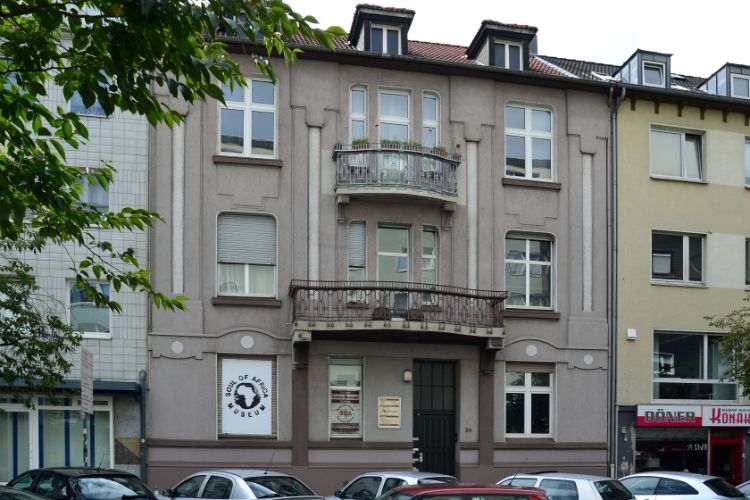
Soul of Africa Museum
EssenThe Soul of Africa Museum (SOA) is a museum of African art in Essen. The focus of the museum is on voodoo, healing and the veneration of the dead in West Africa. Owner and curator of the museum is the ethnologist, photojournalist and filmmaker Henning Christoph. The collection of the museum includes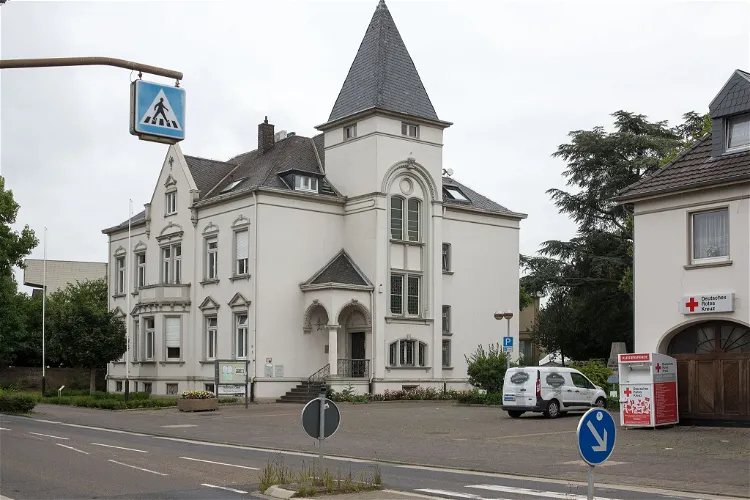
Heimatmuseum Oedt
GrefrathThe Heimatmuseum Oedt, located in the basement of the former Oedt town hall, has been managed by the Heimatverein Oedt since 1989. This historical setting provides a unique backdrop for the museum's exhibits, adding to the overall experience for visitors.
Niederrheinisches Museum für Volkskunde und Kulturgeschichte
KevelaerThe Niederrheinisches Museum Kevelaer e.V. is situated in the pilgrimage city of Kevelaer, making it a significant cultural landmark in the region. It is one of the largest museum buildings in the Lower Rhine region, offering a comprehensive insight into the folkloric, cultural, and artistic history of the area.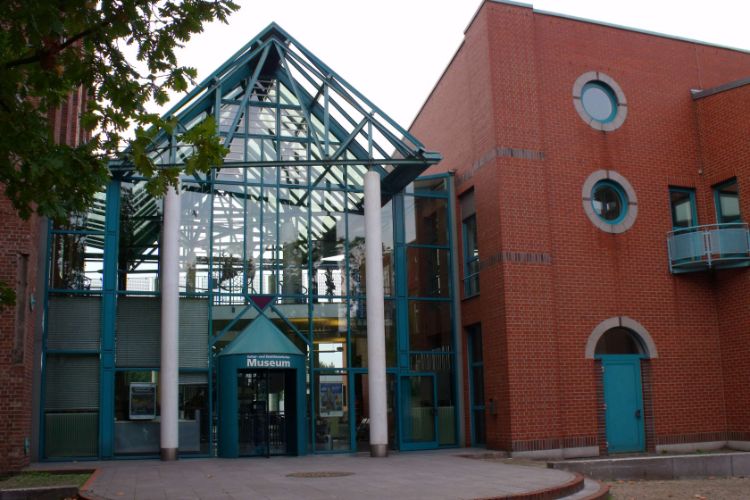
Kultur- und Stadthistorisches Museum Duisburg
DuisburgKultur- und Stadthistorisches Museum Duisburg (The Culture and City History Museum) is a museum in Duisburg. The museum is dedicated to the city history of Duisburg and the folklore of the Lower Rhine. An important collection on the life's work of the mathematician and cartographer Gerhard Mercator
LVR-Niederrheinuseum Wesel
WeselThe LVR-Niederrheinmuseum Wesel, previously known as the Prussian Museum Wesel, is a regional museum in Germany. Since 2018, it has been under the sponsorship of the Rhineland Landscape Association. This museum primarily focuses on the history of the Lower Rhine as a cross-border region in Europe today.- 32
Stadtmuseum Euskirchen
Kreis EuskirchenThe Stadtmuseum Euskirchen offers a comprehensive display of the city's history, spanning from the Roman era to the present day. This provides visitors with a unique opportunity to delve into the rich past of Euskirchen and understand its evolution over centuries. The museum's exhibits include a variety of artifacts and historical objects that reflect the city's cultural and historical development. 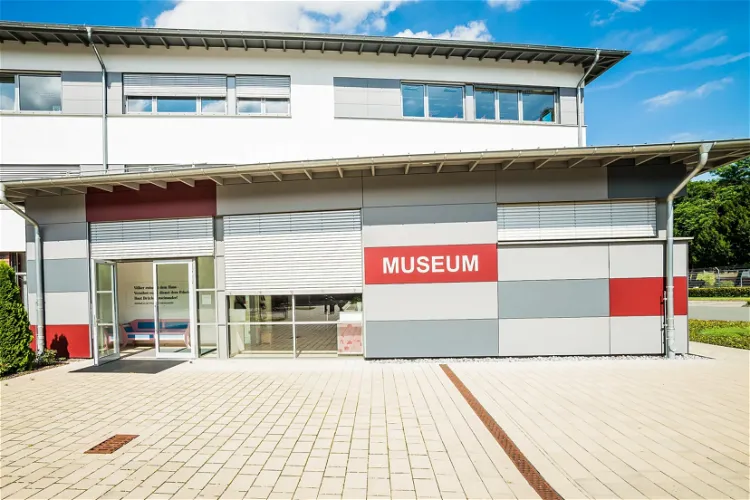
Museum für russlanddeutsche Kulturgeschichte
DetmoldThe Museum für russlanddeutsche Kulturgeschichte in Detmold holds a unique position in Germany as the first and only museum dedicated to the cultural history of the Russian Germans. This makes it a special destination for those interested in exploring this specific aspect of German history and culture.
Stadtmuseum Bocholt
BocholtThe Stadtmuseum Bocholt, opened in 1992, serves as a hub for history, art, and culture in the city of Bocholt. It provides a comprehensive overview of the city's rich heritage and cultural evolution over the years.
Deichdorfmuseum Bislich
WeselThe Deichdorfmuseum Bislich is a museum dedicated to local history and natural history, situated in the district of Bislich in Wesel. It offers a unique opportunity to delve into the rich history and natural environment of the region. The museum's exhibits cover a wide range of topics, from local cultural history to the Rhine as a habitat, including dike construction, fishing, and shipping.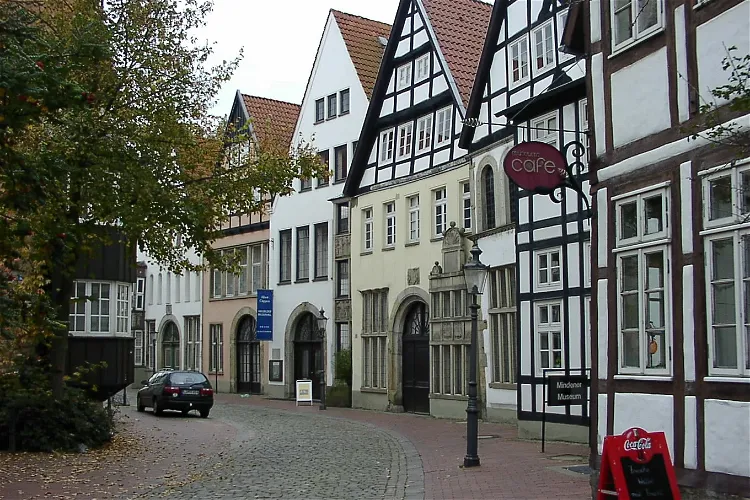
Minden Museum
MindenThe Minden Museum is home to extensive collections that delve into the history, regional studies, and folk studies of the former Minden Monastery and the current Minden-Lübbecke district. These collections provide a comprehensive overview of the region's past, making the museum a valuable resource for those interested in learning more about the area's history and culture.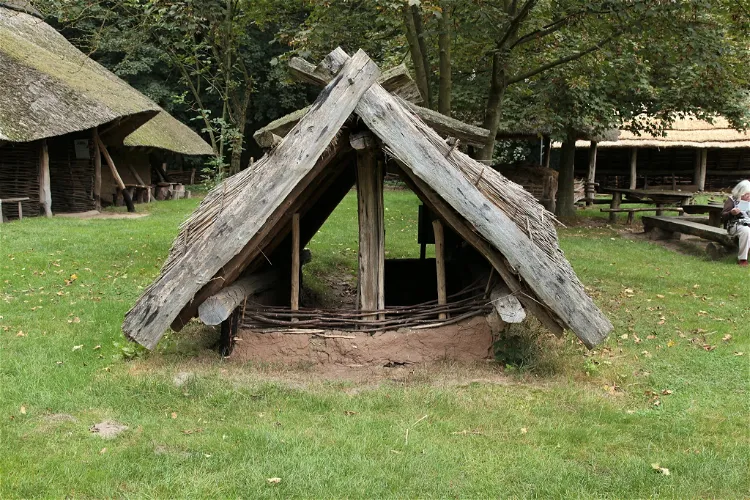
Freilichtmuseum Sachsenhof
GrevenThe Freilichtmuseum Sachsenhof in Greven -Pentrup is a unique attraction that offers a glimpse into the past. It is a reconstruction of a 1200-year-old early medieval Saxon farmstead. The museum showcases attempts to cultivate crops and wild herbs from that era, providing a fascinating insight into the agricultural practices of the time.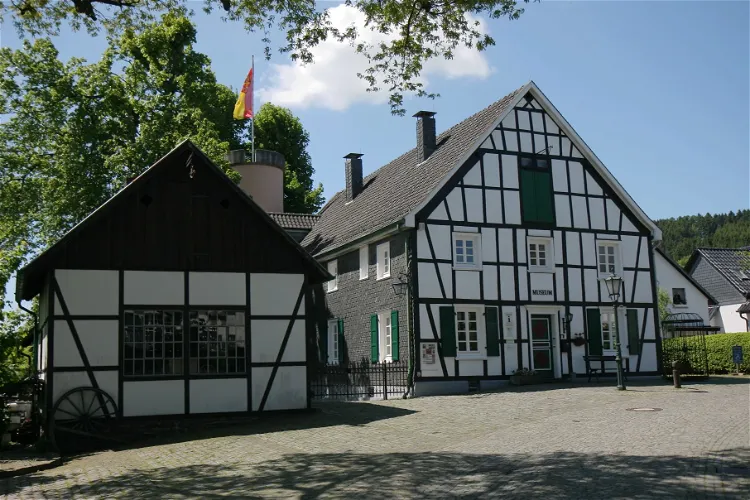
Heimatmuseum Bergneustadt
BergneustadtThe Heimatmuseum Bergneustadt is a folk museum situated in the town of Bergneustadt. It offers a unique insight into the local culture and history, making it an interesting destination for tourists who are keen on learning about the region's past.- 39
Karnevalsmuseum-Eschweiler
EschweilerEstablished in the mid-2000s, the Karnevalsmuseum Eschweiler is dedicated to preserving and promoting the traditions of the regional carnival clubs. The museum's collections and exhibits provide a fascinating insight into the history and culture of the region's carnival celebrations, making it a worthwhile destination for those interested in local traditions and cultural heritage.